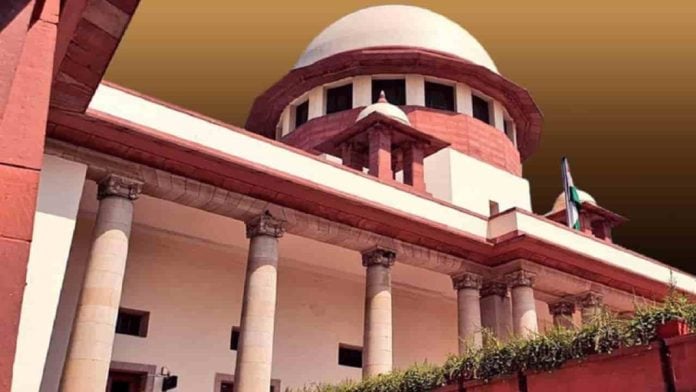The Supreme Court has cancelled the bail of a police constable in a custodial death case of 2021 on the grounds that a member of a police force was capable of wielding more influence than an ordinary person, besides, such cases required a strict approach.
The Bench of Justice Aniruddha Bose and Justice PV Sanjay Kumar recently observed that in ordinary circumstances, the Court might not invoke its jurisdiction under Article 136 of the Constitution of India to invalidate an order granting bail to an accused.
However, the same criteria would not apply in the present case as the alleged offences in the case of a custodial death, where police officials were arraigned as accused, were of grave and serious nature.
A total of 19 police officials were accused of being involved in causing the death of a man arrested on suspicion that he committed robbery in February 2021. The accused included a police constable, who was working as a substitute driver on the day when the suspect died in police custody.
The Allahabad High Court last year granted bail to the police constable on the grounds that he was only working as a temporary substitute driver at the time.
The deceased’s brother (complainant/ appellant) moved the Apex Court against the High Court verdict.
The top court of the country was apprised that the matter was being probed by the Central Bureau of Investigation (CBI), which supported the appellant’s plea to cancel the bail granted to the constable.
The Bench ruled that as per the material on record, the role of the police constable was not confined to just being a driver of a police vehicle.
These factors would have to be independently assessed at the stage of trial on leading of evidence, but the Court was considering them only for the purpose of determining the question of bail, it added.


